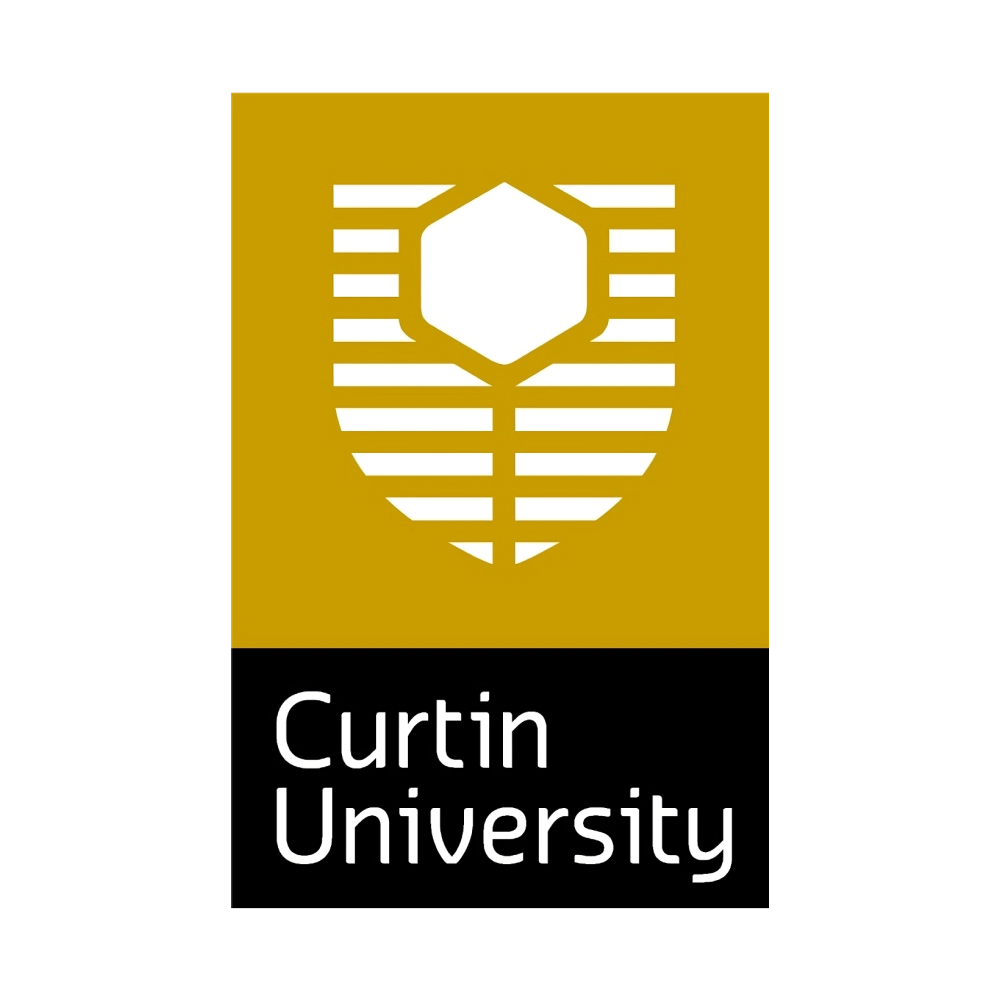Curtin University
Master of Cyber Security
- Delivery: Face to Face
- Study Level: Postgraduate
- Duration: 12 months
- Course Type: Master's
Upgrade your existing IT/computational science skills and add cyber security to your field of expertise.

Course overview
This course is designed to upgrade your existing IT/computational science skills and add cyber security to your field of expertise.
You will undertake industry-inspired projects and assessments to learn the theoretical and practical aspects of cyber security, particularly network defence. Learning outcomes are mapped to various industry certifications, such as those offered by Cisco and Palo Alto.
You’ll gain the blue and red team specialist skills and knowledge you can use in your career and learn from professionals with strong links with local industry.
The course emphasises experiential project-based learning, so you will develop strong teamwork skills and acquire knowledge based on real-world examples. The course builds on each unit undertaken, constructing a fully functional cyber-range and test environment that meets industry expectations and enables you to demonstrate your cybersecurity skills.
Key facts
What you will study
To finish the Master of Cyber Security, the students must complete 200 credit points.
- Incident Handling and Forensics in Network Defence
- Fundamental Concepts of Data Security
- Intrusion Detection
- Data Network Security
- Penetration Testing
- Secure DevOps
- Computer Science Project
- STEM Research Methodologies
Entry requirements
A 3-year recognised Bachelor degree in Information Technology or Computational Science or Engineering with a minimum of 2 years relevant work experience or a 4-year degree in Information Technology or Computational Science or Engineering.
English language requirements
Curtin requires all applicants to demonstrate proficiency in English. Specific English requirements for this course are outlined below.
- IELTS - Writing 6.0
- Speaking 6.0
- Reading 6.0
- Listening 6.0
- Overall bans score 6.0
You may demonstrate English proficiency using other tests. Please contact the university for full details.
Recognition of Prior Learning
You may be able to get credit for your course based on prior formal, non-formal or informal learning. To apply, you will need to provide supporting documentation outlined by the university. Contact the university for more information.
Outcomes
Career outcomes
- Cybersecurity incident handler
- Penetration tester
- Secure DevOps specialist
- Security Analyst
- SOC specialist
- Secure systems engineer
- Security auditor
Learning outcomes
- Demonstrate a good understanding of standards and practices relating to cyber security governance and competency in cyber security technology.
- Provide innovative and creative solutions underpinning science and analytical methods to address challenges in the cybersecurity industry.
- Communicate effectively approaches and solutions that involve the latest advances in cyber security technology to both experts and non-technical audiences.
- Apply and devise new approaches to cyber security addressing global problems, ensuring compliance with international and professional standards such as IEEE/ACM/ACS/ACSC/ISO.
- Create security solutions that are underpinned by ethics, sustainability and social responsibility.
- demonstrate initiative and leadership when working independently and collaboratively using problem-solving and decision-making skills.
Fees and FEE-HELP
Indicative 2026 first-year fee: $36,162 (domestic full-fee paying place).
Based on a first-year full-time study load of 200 credits. The total cost will depend on your course options (i.e. units selected and time taken to complete).
A student’s annual fee may vary in accordance with:
- The number of units studied per term.
- The choice of major or specialisation.
- Choice of units.
- Credit from previous study or work experience.
- Eligibility for government-funded loans.
Student fees shown are subject to change. Contact the university directly to confirm.
FEE-HELP loans are available to assist eligible full-fee paying domestic students with the cost of a university course.








